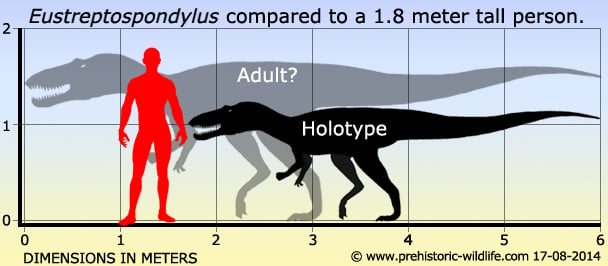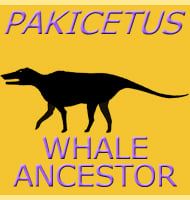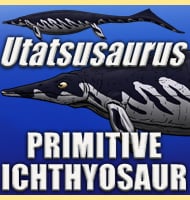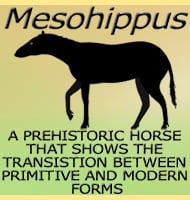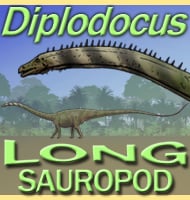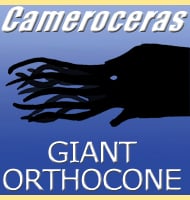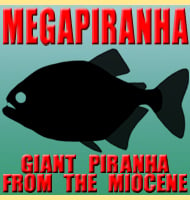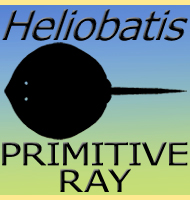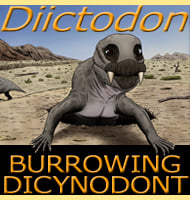In Depth
Eustreptospondylus was first described in 1841, but the original fossil material has since been lost. A second set of remains was discovered in 1964 and is surmised to be Eustreptospondylus based upon the description of the original material. The new material features vertebra that are lacking development of the upper parts, indicating that it was a juvenile when it died. Comparison to fossil material from other theropods suggests a potential adult size of up to nine meters.
It has been suggested that there are only minor differences between the hips of Eustreptospondylus and another theropod dinosaur called Magnosaurus, and as such are the same genus. Further support for this comes from similarity in the dentary of the two dinosaurs, however wider consensus at the time of writing is that they are not the same and they both represent their individual groups.
Further Reading
– Triassic reptiles from the Elgin area: Ornithosuchus and the origin of carnosaurs. – Philosophical Transactions of the Royal Society B. 248 (744): 53–134. – A. D. Walker – 1964. – The anatomy and systematics of Eustreptospondylus oxoniensis, a theropod dinosaur from the Middle Jurassic of Oxfordshire, England. – Monograph of the Palaeontological Society, 160(627) 82 pp – R. Sadleir, P. M. Barrett & H. P. Powell – 2008.
